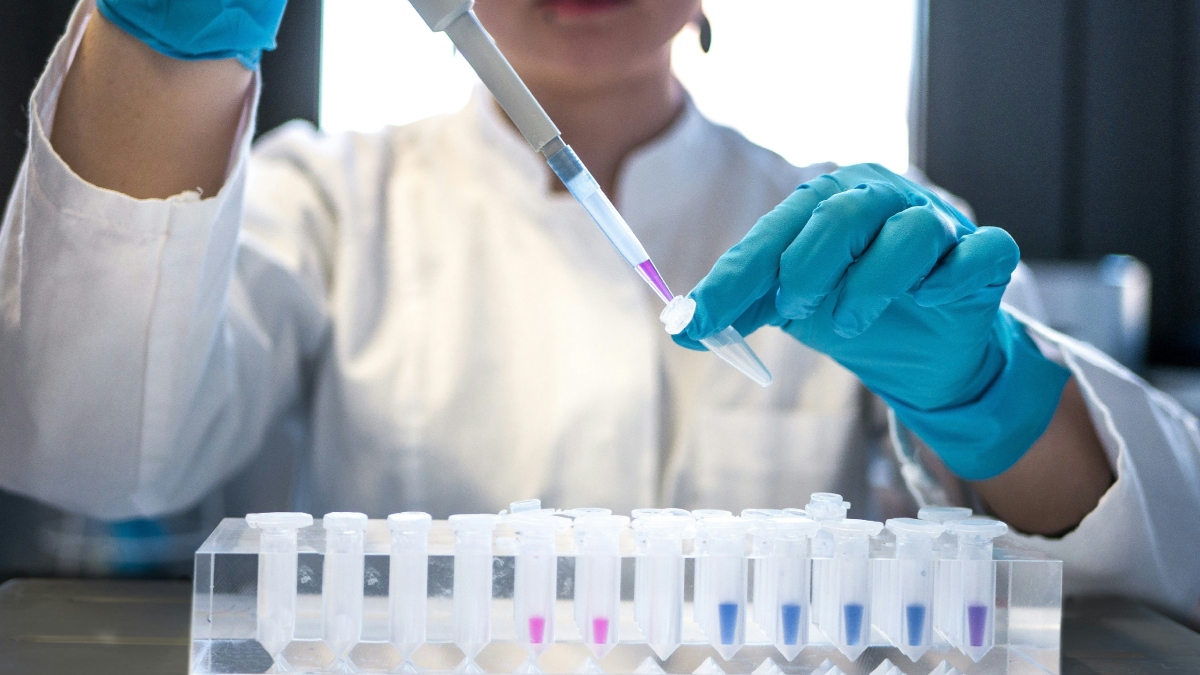A team of biologists from the University of the Philippines Diliman has developed a promising tool that could revolutionize how doctors detect early signs of breast cancer metastasis—even before surgery.
Led by Michael Velarde, the group designed a mathematical model capable of identifying lymphovascular invasion (LVI), a condition where cancer cells penetrate lymphatic and blood vessels, enabling them to spread throughout the body. Traditionally, LVI can only be detected by analyzing tissue after surgical tumor removal. The new model could eliminate the need to wait that long.
“If we can detect LVI earlier, doctors could personalize patient treatment and improve their outcomes,” Velarde said in a statement. “This could help avoid ineffective treatments and focus on strategies that work better for aggressive breast cancer.”
By examining genetic data from both existing datasets and their own research, the scientists identified unique gene patterns in LVI-positive breast tumors. The presence of UGT1 and CYP genes—responsible for breaking down chemotherapy drugs like doxorubicin—was significantly higher in patients with LVI, suggesting a strong link to drug resistance.
The model, based on elastic net regression and using 13 specific genes, achieved an impressive 92% accuracy in predicting LVI status. This means doctors could potentially spot more aggressive cancers earlier and adjust treatments accordingly.
However, Velarde noted the model is still in development and will need further testing on larger patient groups. Still, he emphasized that the technology could soon be accessible to local patients.
“Importantly, our approach can be implemented in the Philippines using locally available genomic technologies, making earlier detection and tailored treatment more accessible to Filipino patients,” he said.
The research team also includes Allen Joy Corachea, Regina Joyce Ferrer, Lance Patrick Ty, and Madeleine Morta.
In 2022, over 33,000 new breast cancer cases were reported in the Philippines, with more than 11,000 deaths—making it the second leading cause of cancer-related fatalities in the country, after lung cancer.






